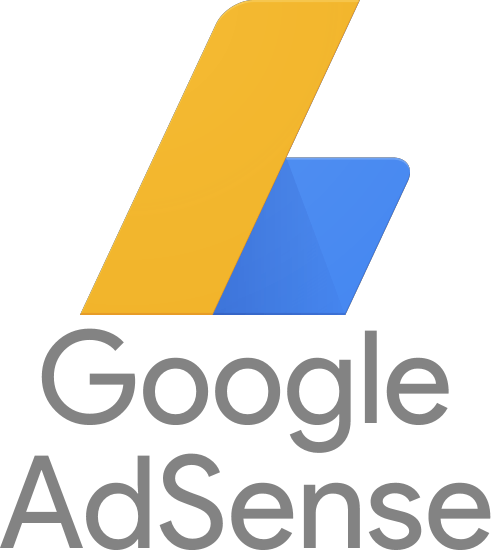We Built a Content Machine That Generates $6M in Revenue Per Year
Hello! Who are you and what business did you start?
Hi Starter Story readers! My name is Anthony Gallo, and along with my business partner Paul Xavier, I'm the co-founder of ContentCreator.com - an online education platform that teaches people the skills of professional content creation.
Three years ago, Paul and I decided we wanted to start a business focused on scalable online courses rather than trading time for money in our day jobs as a videographer and internet marketers respectively.
After researching what was generally available in the space, we quickly realized nobody was serving the beginner market with affordable, easy-to-follow training on cinematic video production. So we launched a short course called "14 Day Filmmaker" to target this untapped market.
With just $60 spent in our first day on Facebook ads and no existing audience, we were able to scale 14 Day Filmmaker to over $35,000 in sales per week within the first month! At this point, we knew we had stumbled upon something amazing.
Now, after years of refinement and relentless...



























